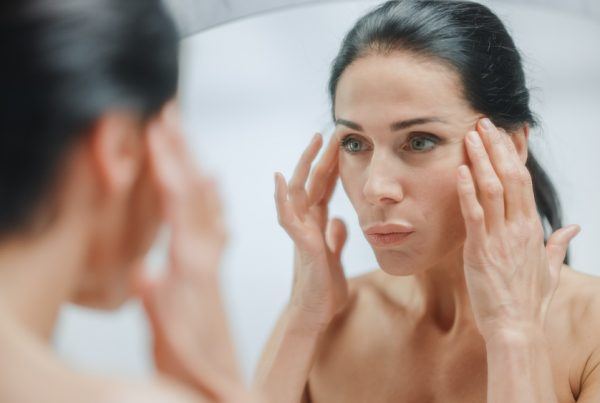Every year, an estimated 1.7 million women are diagnosed with breast cancer worldwide. When a cancer diagnosis is handed down, there are so many things to think about. As such, skincare can seem like one of the least important things to consider. However, you can be proactive in taking care of your skin right from the beginning of treatment.
Chemotherapy and radiotherapy, while effective at managing breast cancer, can cause uncomfortable skin reactions. Although side effects from treatment are not life-threatening, managing skin reactions early and throughout treatment can improve people’s comfort and self-esteem when it comes to this difficult journey of cancer.
What can happen to your skin when you have cancer treatment?
Skin can be affected in different ways depending on the treatment you receive. Our skin is our largest organ and acts as a barrier, protecting us from germs and other external environmental hazards. Breast cancer treatments can disturb the skin barrier function, which can cause itchy, dry, and sensitive skin that is prone to infections. Other common side-effects include increased sun sensitivity and pigmentation. Hair and nails may also be affected, causing hair loss and nail fold infections.
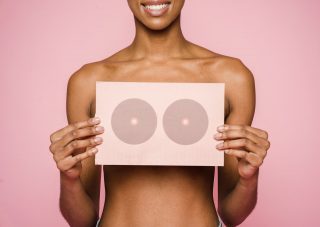
Photo by Klaus Nielsen from Pexels
Radiotherapy uses high-energy radiation to reduce tumours and destroy cancer cells. In the process, it can cause a variety of skin changes, commonly called radiation dermatitis and this can range from mild redness and peeling of the skin to long-term disfiguring conditions. Radiotherapy, when combined with chemotherapy can exacerbate symptoms of both therapies, resulting in severe dryness, inflammation, and, more importantly, skin thinning, and necrosis (dead cells) of the skin.
Which products should you avoid?
During breast cancer treatment, your skin may be more likely to be irritated and sensitized by certain ingredients in skincare products. There may be a temptation to seek out “natural” or “organic” products, as there’s often a false equivalency that these are somehow safer or better. An important consideration is that that most “natural” skincare products contain high amounts of botanical ingredients (such as essential oils), which are common culprits of skin allergic reactions.
Fortunately, there are cosmetic products formulated for and clinically tested on fragile and sensitive skin, with a few potentially sensitising ingredients as possible.
What skincare products should you use?
After a mastectomy
Immediately after surgery, the main concern is to prevent infection, and it’s important to follow the instructions for wound care from your surgeon. To help scars heal, keeping the area hydrated and moist with a petroleum jelly ointment is helpful.
I recommend the Eucerin Aquaphor soothing balm.
During radiation therapy
Before the radiotherapy session, the skin must be clean and dry, so it is recommended not to apply anything onto its irradiated area at least 6 hours beforehand, to avoid the risk of an artificial increase of the radiation dose. After the session, a thermal spring water spray can be used for a soothing effect.
During the course of treatment, you can also cover the irradiated area with a thick layer of a suitable repairing balm (at least 3 hours after the session).
It is best to avoid anything that can be harsh on the skin, such as rough or irritating fabrics. Rather, opt for light cotton clothing.
I recommend the La Roche-Posay Thermal Spring Water and the La Roche Posay Cicaplast Balm B5.
Cleansing
Skin cleansing advice is important because many products can aggravate the symptoms of those undergoing breast cancer treatment. Look for gentle soap-free cleansers (Syndets) that respect the pH of your skin, which is near 5.5.
Gentle cleansers won’t strip your skin’s natural oils, which can lead to a breakdown of your skin’s fragile outer barrier. Use only warm water, not steaming hot water, and dry your skin gently, particularly on sensitive areas.
I recommend the Cetaphil gentle skin cleanser.

Photo by Angiola Harry on Unsplash
Moisturising
Keeping your skin well hydrated improves its barrier function while reducing itchiness and preventing infections due to scratching.
A good clinically tested moisturiser is able to manage skin changes before, during, and after oncology treatments. The most suitable textures to opt for are creams and balms. It is also best to look for moisturisers rich in oils (like ceramides) and water-binding ingredients.
I recommend the La Roche-Posay Lipikar Balm AP+M.
Sun protection
Sun protection is crucial as certain treatments can make your skin more sensitive to the sun’s UV rays. It’s essential to protect your skin by applying a daily sunscreen, with a 50+ sun protection factor, against both UVB and UVA rays. For very sensitive skin, look for mineral or physical sunscreens that have the potential to be less irritating.
I recommend the Eau Thermale Avene SPF50+ Mineral Cream.
Protecting your nails
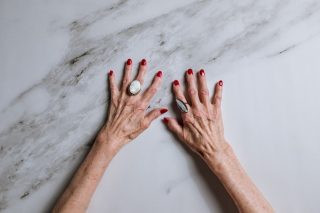
Photo by cottonbro from Pexels
Cancer treatments can often subject your nails to changes. These include alterations in colour and shape, and they can also cause easier nail breakage. Because of this, particular care must be given to them during treatment.
To prevent any risk of infection, when carrying out household and garden activities, be sure to wear cotton gloves under rubber gloves. It can also be helpful to apply certain treatments to strengthen and protect your nails.
I recommend the ISDIN Si-Nails Nail Strengthener.
Bottom line
Looking after your body, well-being and skin are far from being a superficial thing to do during an illness. On the contrary, taking care of your skin while undergoing breast cancer treatment will make it a more comfortable experience and one less burden during this trying time.


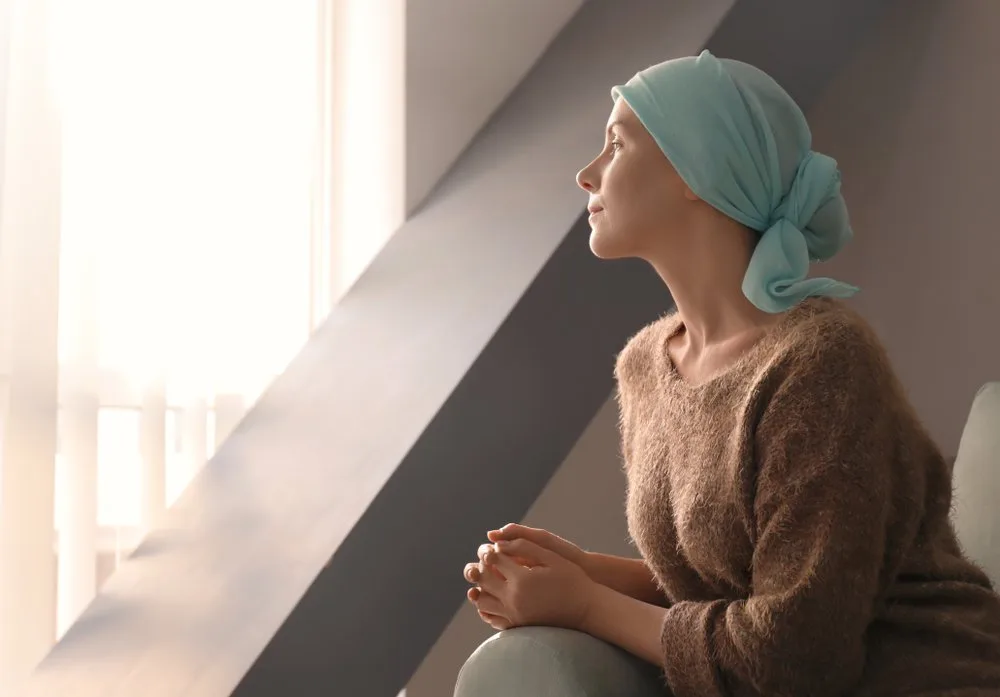
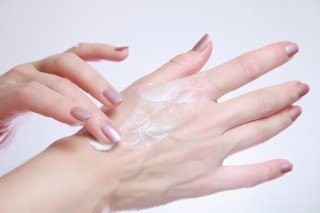


![women [longevity live]](https://longevitylive.com/wp-content/uploads/2020/01/photo-of-women-walking-down-the-street-1116984-100x100.jpg)







